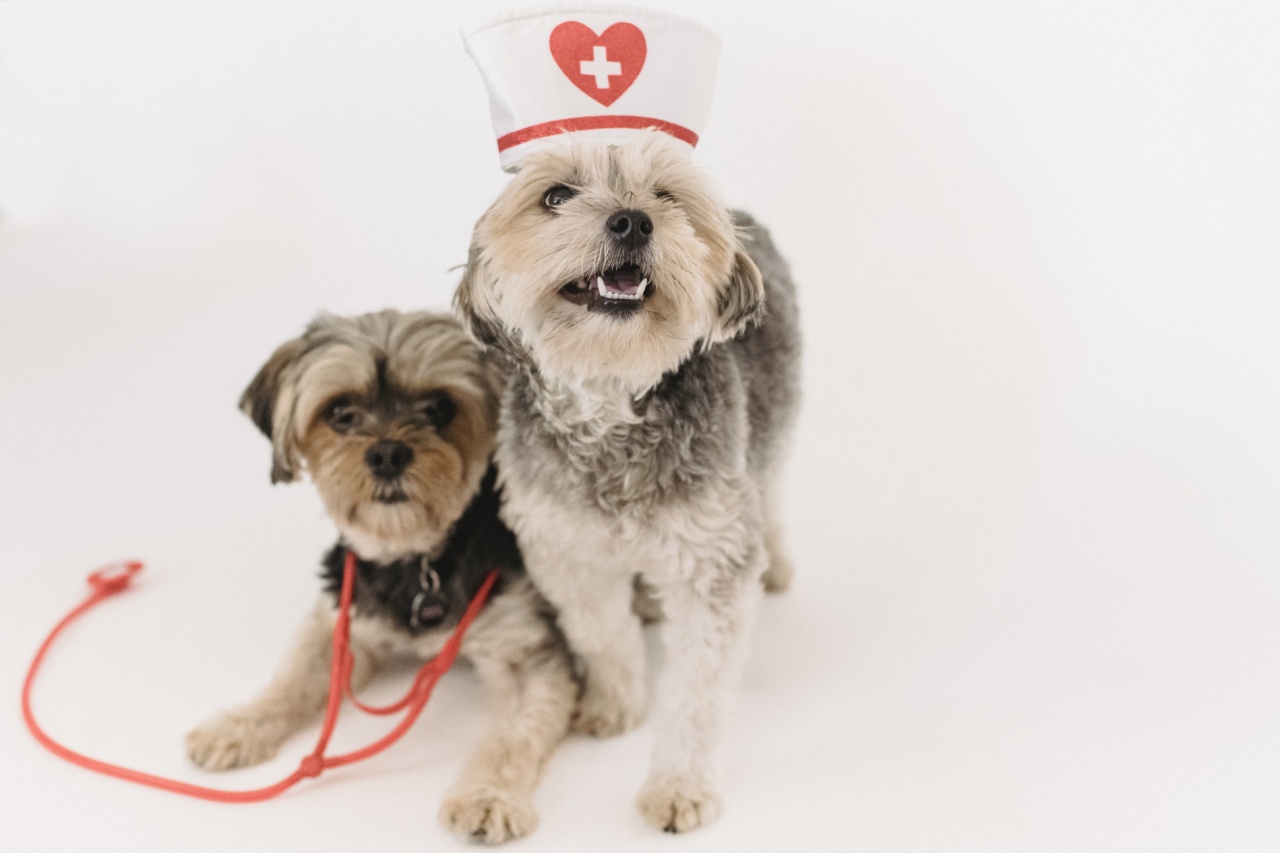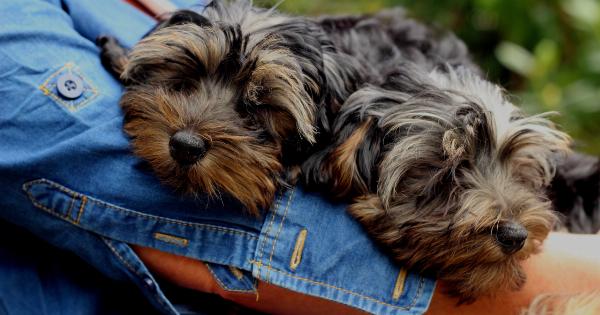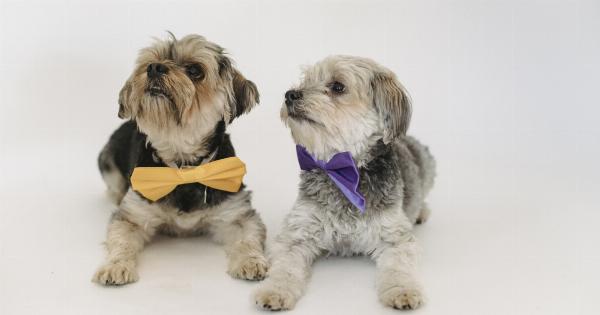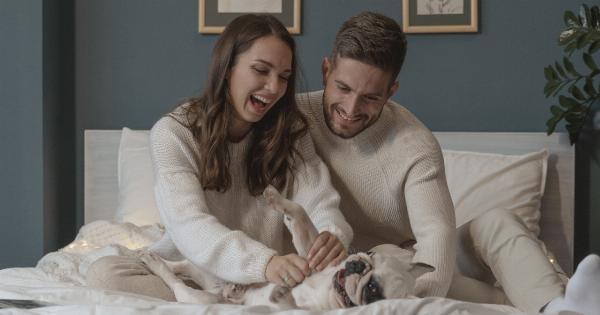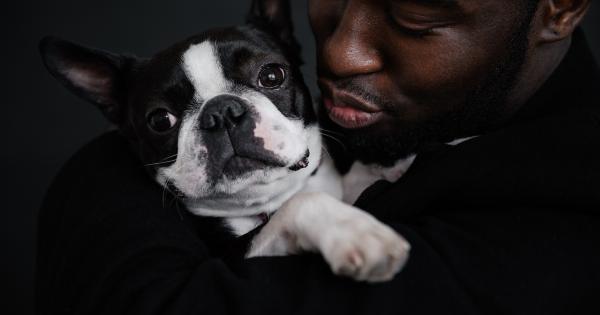When it comes to choosing a pet, dogs are one of the most popular choices. However, deciding on the breed of dog to get can be a difficult decision.
While large dogs have their benefits, small dogs can be the cuddliest and most affectionate companions you could ever hope for.
Why Small Dogs Make the Best Cuddly Companions
Small dogs are not only adorable but also incredibly affectionate and cuddly. Here are some reasons why small dogs make great cuddly companions:.
1. They fit comfortably in your lap
Small breeds, such as Chihuahuas, pugs, or Yorkshire Terriers, are just the right size to fit on your lap without taking up too much space. This makes them ideal for snuggling while watching TV or working on your laptop.
2. They crave human attention
Small dogs are known for their devotion to their owners. They love to be petted, cuddled, and held, which makes them perfect for individuals who are looking for a furry companion to keep them company.
Small dogs want nothing more than to cuddle up in your lap and be near you as much as possible.
3. They’re easy to carry around
Small dogs are incredibly light, and you can easily carry them around. This makes them great for people who love to take their pets everywhere, from running errands to traveling.
You can even fit a small dog in your purse or backpack, making them an excellent choice for city-dwellers who live in small apartments.
4. They form strong bonds with their owners
Small dogs may be small in size, but they have big hearts and make strong connections with their owners. They are loyal and affectionate, and their love for their owners is unconditional.
Small dogs thrive on human interaction and love nothing more than spending time with their favorite person.
5. They make great lap warmers
Small dogs have a high metabolism, which means they are always warm and snuggly. This makes them great lap warmers on chilly days and nights. Curling up with your small dog on a cold winter evening is one of life’s greatest pleasures.
Small Dog Breeds to Consider
If you’re thinking about getting a small dog as your next furry companion, there are several breeds to consider:.
1. Chihuahua
Chihuahuas are one of the most popular small dog breeds, and for good reason. They are affectionate, loyal, and incredibly cute. They are perfect for people who want a small dog that they can take everywhere.
2. Pug
Pugs are known for their adorable wrinkly faces and charming personalities. They are friendly and affectionate dogs that love to be around people. Pugs also have a great sense of humor and can always make you laugh.
3. Yorkshire Terrier
Yorkshire Terriers, also known as Yorkies, are small dogs with big personalities. They are playful, spirited, and love to be the center of attention. Yorkies are known for their silky, soft coats and sweet expressions.
4. Cavalier King Charles Spaniel
The Cavalier King Charles Spaniel is a small dog breed that is gentle, affectionate, and friendly. They are known for their long, silky hair and big brown eyes. Cavaliers make great companions for families and seniors, as they are easygoing and loving.
5. French Bulldog
French Bulldogs are one of the most popular small dog breeds in the world. They are affectionate, playful, and have a great sense of humor.
French Bulldogs are ideal for people who want a dog that they can take everywhere and that will always make them smile.
Conclusion
Small dogs are the perfect companion for individuals who are looking for a furry friend that they can cuddle with. They make great lap warmers, are easy to carry around, and form strong bonds with their owners.
If you’re thinking about getting a small dog, consider one of the breeds mentioned above – you won’t be disappointed.
